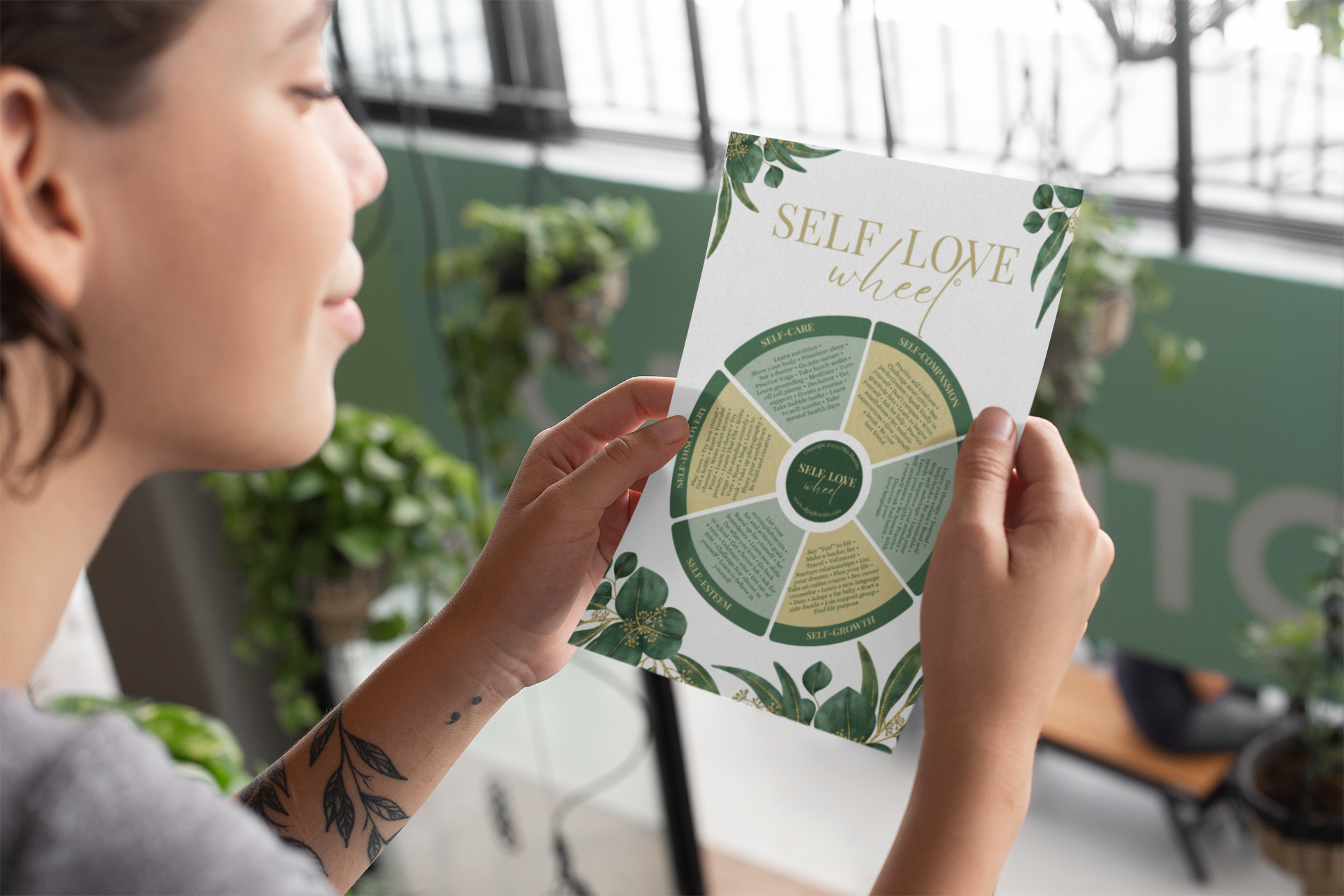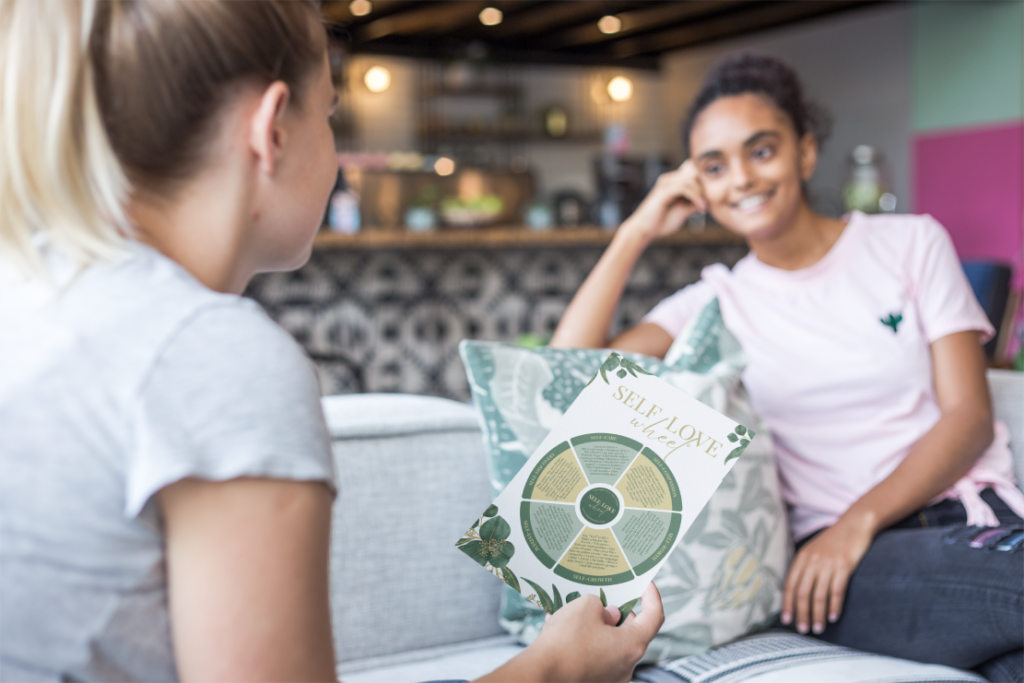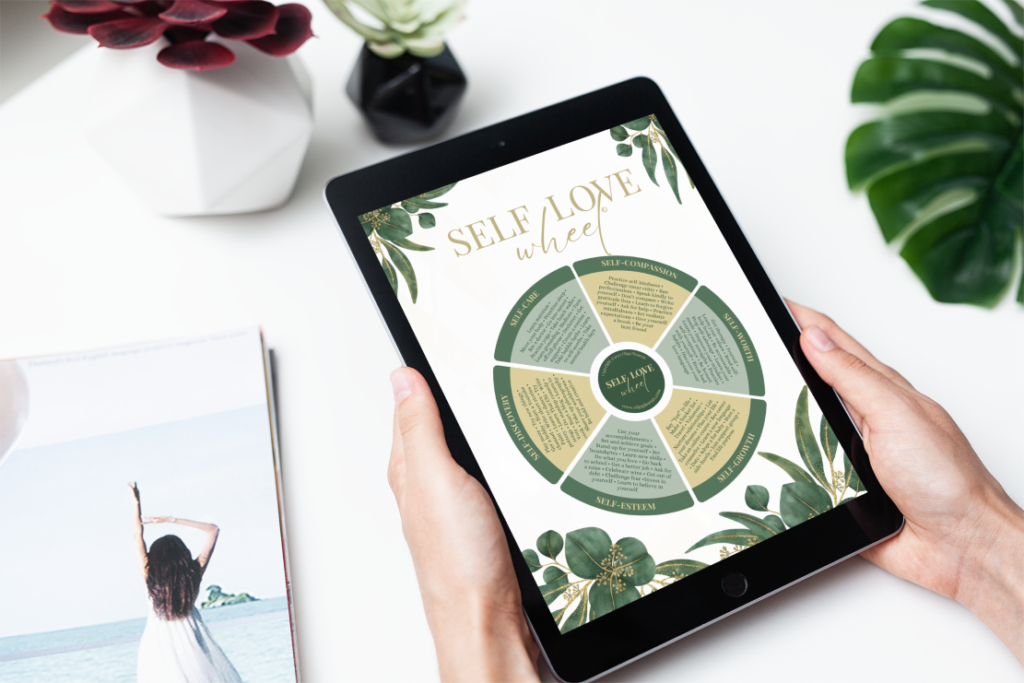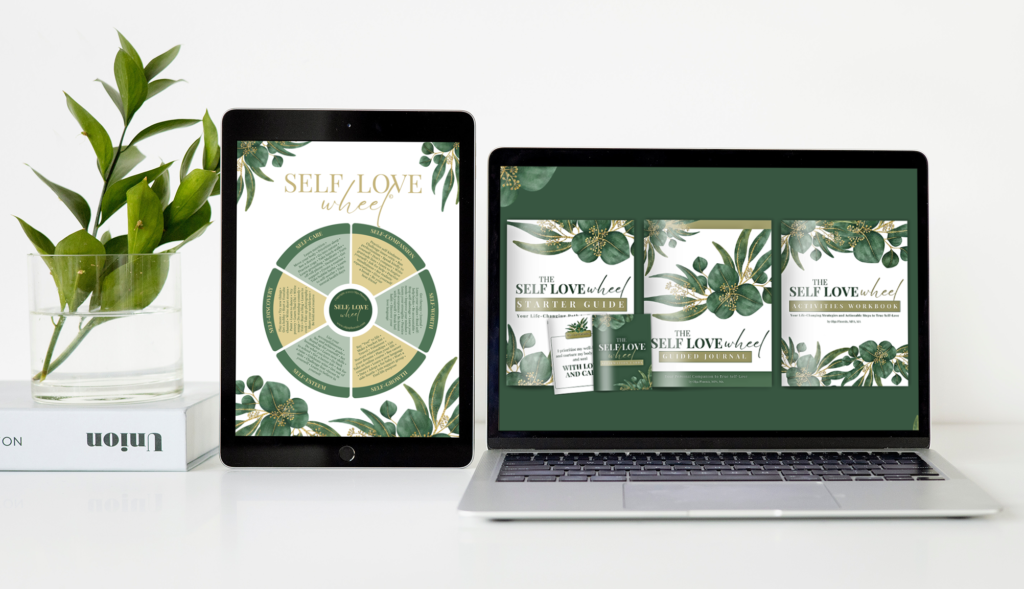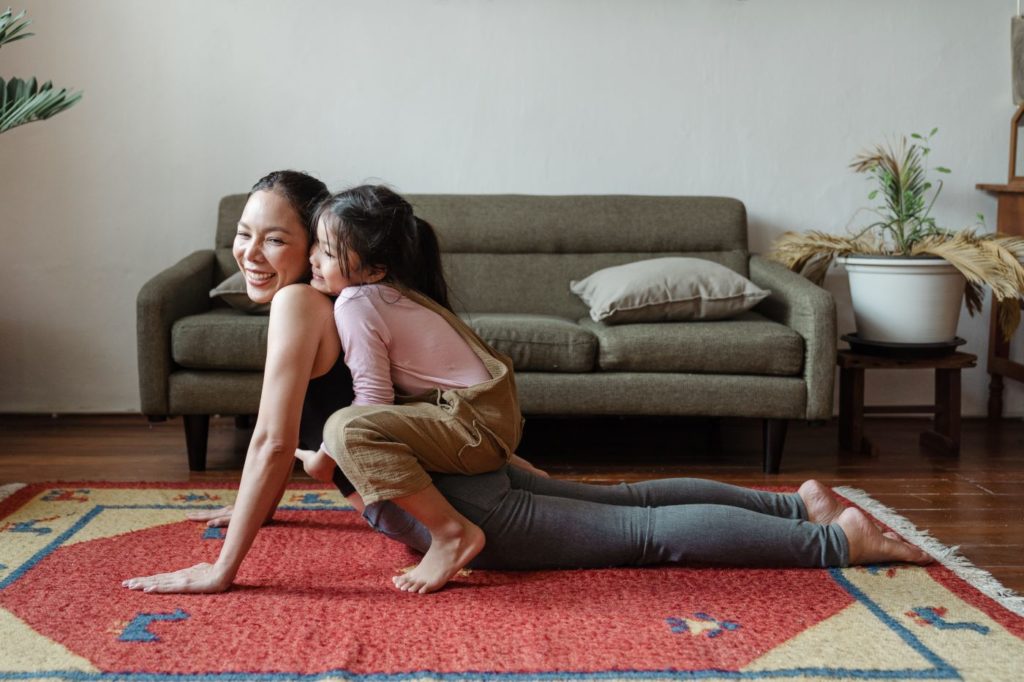Month: October 2020
Your Lifehack to Organizational Self-Care!
Single most important factor that negatively impacts health and wellbeing in organizational contexts is the organization itself: how does the agency works, how leadership relates to staff, what kind of human resource support systems are present, whether teams are cohesive or not, and whether the context and culture of the organization is supportive of growth and development. Employment conditions have significant influence on the health and wellbeing of staff.
Your Professional Self-Care Activity
- What made you choose this line of work?
- What keeps you going and sustains you as a trauma worker?
- What concrete strategies allows you to remain healthy at work?
- If you were to do it all over again, would you do anything differently?
- Reflecting on you successes, how have you made a difference to others?
- Is this still the right job for you?
Examples of Professional Self-Care
- Take a break during the workday (e.g. lunch)
- Take time to chat with co-workers
- Make quiet time to complete tasks
- Identify projects or tasks that are exciting and rewarding
- Set limits with your clients and colleagues
- Balance your caseload so that no one day or part of a day is “too much”
- Arrange your work space so it is comfortable and comforting
- Get regular supervision or consultation
- Negotiate for your needs (benefits, pay raise)
- Have a peer support group
- Develop a non-trauma area of professional interest
How Healthy is Your Organization?
Organizations have significant capacity to create work environments that prevent negative impact of vicarious trauma on staff and even enhance thriving in challenging environments.
- How does the agency work?
- How leadership relates to staff?
- What kind of HR support systems are present?
- Are teams cohesive or not?
- Is the context and culture of the organization supportive of growth and development?
- Is self-care practiced by team and leadership?
- Is self-care encouraged? How?
Leadership’s Responsibility
Leadership (including Boards) have primary ethical responsibility for creating environments for staff that promotes health and supports individual self care.While personal self care works, in contexts where people are denied the opportunity to make use of these skills and knowledge then individual health is compromised. Most effective way to prevent and treat burnout or compassion fatigue is through sound organizational processes rather than individual self-care plans.
Examples of Organizational Self-Care Practices
- Allocate $50/staff /month for self-care. Staff discussed what can be reimbursed for self-care (ex.: massage, tank of gas to take a trip, hair & nail care, acupuncture, etc)
- All direct staff works only 4 days a week but making the same amount of salary as when they work 5 days a week.
- Leadership/Board demonstrates commitment to wellness daily.
- Leadership/Board facilitate team building activities with staff. A lot of appreciation being shared.
- Training, workshop or sharing of tools, resources of self care.
- Learning your colleagues personality/work style
- Adhering to strict 9-5 schedule
- No work emails on personal phones
- Professional support groups/wellness groups
What Can You Start Doing For Your Organizational Health Today?
- Share your insights about this blog with your colleagues and leadership
- Assess your professional self-care plan
- Develop personal sustainable self-care plan
- Start a self-care support group at work
- Celebrate personal and professional successes
- Invite leadership to assess your organizational culture of self-care and sustainability
- As an organization, start taking steps towards improving your organizational health and practices
Want to know more about organizational cultures of self-care, vicarious trauma prevention and sustainability? Attend our Thriving YOU! Vicarious Trauma Prevention Institute-amazing event held in Orlando, Florida on March 4th, 2016! (www.olgaphoenix.com/thrivingyou). Thriving YOU! Institute is a place to learn, practice, recharge, and connect-an ultimate blueprint to living healthy and content while thriving in a trauma-related field! Early Bird Special is over on January 16th, 2016. If getting away is simply impossible or if you’d like your entire staff to participate-Thriving YOU! Vicarious Trauma Prevention Institute can come to you! Just email me at olga@olgaphoenix.com and we’ll set it up!

Thriving YOU: Building Emotional Resilience in Difficult Times
Dearest WonderPeople! Lately I’ve been getting a lot of questions about self-care and building emotional resilience in these turbulent times. Here are some of my thoughts on the topic:
Now and then, times are tough and you are a WonderPerson who REALLY CARES. There is this constant battle between desire to stay informed, active, on top of things, and sheer panic over emotional overload, fatigue, pain, and hopelessness. Staying informed is great, but sometimes we all need a break, little oasis of self-care and nurture. You already know that you are an engaged, informed, and compassionate member of this human race. Allow yourself to stay sane by unplugging, not engaging, grieving, nurturing wounds, regrouping, reconnecting with self-care and your resilient self. When you are ready, try making some strides in creating a preventative and sustainable emotional resilience building plan. The plan consists of 3 powerful actions:
1. Self-Care and Escape Activities. Hello, bubble baths. massages, getaways, shopping, binge watching Netflix, and doing absolutely nothing with your fur babies. Okay, sometimes I try to squeeze a yoga or a spin class here and there too-you know, since my body is a temple and all.
2. Creating/Finding Life Purpose Activities. Oh, so you want to finish writing that book, go back to school, create a new platform that will keep people more politically engaged, take a sabbatical to be with your kids? Now is your time, you Rockstar, you! Vision boards, journaling, meditation, reading, getting inspired by work of others-are some starting points on finding that elusive life purpose.
3. Building and Nurturing Your Support Group Activities. Peer support groups and organizing around a cause have proven to be most successful way to address the problem at hand and feeling heard. Also, there is therapy, medication, your tribe, getting vulnerable and making new connections.
All of these build up your resilience systems, thus helping you to be a more effective (to yourself and others) agent of change. For more ideas on how to self-care, find your life purpose, and build support groups, check out my Self Care Wheel-the tool containing 88 activities to build up your emotional resilience in these challenging times. For information on Thriving YOU! trainings or webinars for you and your staff, please go to www.olgaphoenix.com. Please comment on what helps you build your emotional resilience and if you have a suggestion/advice for your fellow WonderPeople.
As always, looking forward to hearing from you and in deep gratitude, Olga.
Vicarious Trauma Prevention: Your Agency’s Crisis Response and Resilience Building Program
Historically, the primary focus of vicarious trauma prevention has been placed on individual self-care efforts. However, developing body of research reveals that the most effective way to address and prevent vicarious trauma is through field and agency specific sound organizational processes, policies, and procedures which foster organizational culture of sustainability and vicarious trauma prevention.
The goal of numerous trauma agencies around the country is to develop robust and strategic vicarious trauma prevention planning, including customizable programming, implementations, and assessment. The outcome of which would be formal vicarious trauma prevention and intervention systems of care with practices, policies, and specifically based on agency’s unique characteristics, needs, culture, familiarity with the topic, approaches to subject, funding, etc.
Organizational vicarious trauma prevention programming can be divided in two distinct but interrelated categories: organizational vicarious trauma prevention, intervention, and crisis response; and organizational culture of vicarious resilience. Below are some concrete programming, implementation, and evaluation ideas for your agency.
I. Organizational Vicarious Trauma Prevention, Intervention, and Crisis Response
1. Identifying, measuring, or assessing the extent of vicarious trauma among staff/within organization itself (aka processes of post-traumatic reactivity) via assessments-focus groups, survey monkey, staff/leadership interviews; pre-existed assessment tools/and/or creating our own.
2. Providing sufficient staff education to identify VT symptoms, interventions, and prevention specific to field/location.
3. Establishing protocols and processes for normalizing and encouraging safe and supportive vicarious trauma symptoms disclosure.
4. Establishing concrete triage routes for vicarious trauma crisis intervention and response.
5. Collaborating with community service providers for affected staff to access help (ex.:mental health/substance misuse treatment).
6. Allocating time and funding for staff to access prevention and intervention resources during work hours.
7. Supervision and professional development strategies (reflective listening supervision, rational detachment training, departmental specific self-care, wellness, coverage).
8. Establishing diverse caseload of clients in order to limit traumatic exposure of any one staff.
9. Providing adequate training in trauma-specific and trauma-informed outreach, intake, and service delivery strategies, to increase staff’ sense of effectiveness.
II. Organizational Culture Of Vicarious Resilience
1. Identifying and establishing policies, activities, work/peer support groups for staff health, self-care, wellness, and resilience building strategies.
2. Allocating and earmarking funding specific to this purpose.
3. Assigning specific staff to be a leader/cheerleader for building vicarious resilience.
4. Providing resilience trainings/meetings/encouragement/reminders for staff.
5. Providing professional development, community cross-training opportunities.
6. Creating work environments which facilitate staff bonding and emotional support of each other, as this limits emotional fatigue and depersonalization, and creates a greater sense of personal accomplishment (e.g.: a vicarious trauma prevention support group).
7. Organizing, creating, participating in wellness conferences/events in your community to bring awareness, visibility to VT prevention and to solicit community support/wellness-related donations/funding.
8. Creating field specific collaborations and task-forces to unite, empower, encourage, financially support each other and exchange successful professional development strategies.
About Olga Phoenix
Olga Phoenix, MPA, MA is an internationally recognized expert and speaker on the topics of Vicarious Trauma, Compassion Fatigue, Secondary Traumatic Stress, and Trauma-Informed Services, as well as personal and organizational cultures of Sustainability, Self-Care, and Wellness. Through her books, trainings, webinars, and keynotes Olga helped thousands of victim advocates, therapists, substance abuse counselors, law enforcement, criminal justice and medical professionals to find their way to full and thriving life, free of vicarious trauma.
Olga is a creator of the Self-Care Wheel, a comprehensive wellness and vicarious trauma prevention tool, translated in several languages, and widely used in United States and abroad. Her new book is based on the concept of Self-Care Wheel and entitled “Victim Advocate’s Guide to Wellness: Six Dimensions of Vicarious Trauma-Free Life.” It was published in September 2014 and has been incredibly well received by victim trauma professionals of various fields. Due to popular demand the book has been translated into Spanish in March 2015 and is available under the title “Guía De Bienestar del Defensor de Víctimas: Seis Dimensiones de la Vida Libre de Estrés Traumático Secundario” at all major online bookstores. Her new book, “Self-Care Wheel: Discovering Resilient Me” is scheduled for release in the Fall 2018.
Olga Phoenix is a Department of Justice Office for Victims of Crime Training and Technical Assistance Center Expert Consultant and Trainer on trauma-informed services and vicarious trauma prevention; a member of Training and Mentoring Team at National Partnership to End Interpersonal Violence; as well as a member and speaker at Elite Speaker’s Bureau, Inc. She graduated with a Masters of Public Administration and Nonprofit Management from the University of South Florida, Masters of Arts in Women’s Studies from Florida Atlantic University, and is currently a Doctorate Candidate in East West Psychology from the California Institute of Integral Studies. Olga lives in St. Petersburg, Florida.
For more information, training and technical assistance requests, and collaborations please contact me at olga@olgaphoenix.com or 561-923-0980. You may also visit my website at www.olgaphoenix.com.
Chasing Gratitude, Finding Contentment
Gratitude is one of the most effective tools to beat the negativity and build up your internal positive reference bank. Gratitude supports the sense of fulfillment, appreciation of what we already have. As we know, dissatisfaction with oneself and/or one’s life leads to suffering. Cultivating a daily “attitude of gratitude” focuses on the positive in life, thus bringing contentment, and shapes our attitude to life in an increasingly positive direction. Dr. Rick Hanson (rickhanson.net) writes about the healing qualities of gratitude. According to Dr. Hanson, gratitude:
- calms down the stress response, which strengthens our immune system so we can better fight off colds supports the neurochemistry of well-being and protects against depression;
- builds resilience, so we can bounce back faster from difficult life events;
- fosters appreciation of people we care about, thus building “social support” systems which provides additional health benefits in itself; and
- shifts our attention away from resentment, regret, and guilt that are the sources of many health problems.
- Gratitude List Exercise:
At the beginning or end of each day consider writing a gratitude list. Write down five to ten items you are grateful for right now: your health, your family, your canine/feline children, your education, your job, sunshine, laugher, clean water, a stocked fridge, gas in your car. Take a few moments and focus on these items, and really feel the sense of thankfulness for being healthy, sober, having love of your favorite people, being able to fulfill your dreams, etc. Recognize the fact that overall, you are incredibly blessed to be alive, safe, and protected. Writing a gratitude list daily is sure way to build new positive pathways in our brain, to create new, positive attitudes, and to become more content and fulfilled.
Be Thankful…
Be thankful that you don’t already have everything you desire.
If you did, what would there be to look forward to? Be thankful when you don’t know something, for it gives you the opportunity to learn.
Be thankful for the difficult times.
During those times you grow.
Be thankful for your limitations, because they give you opportunities for improvement.
Be thankful for each new challenge, because it will build your strength and character.
Be thankful for your mistakes. They will teach you valuable lessons.
Be thankful when you’re tired and weary, because it means you’ve made a difference.
It’s easy to be thankful for the good things.
A life of rich fulfillment comes to those who are also thankful for the setbacks.
Gratitude can turn a negative into a positive.
Find a way to be thankful for your troubles, and they can become your blessings.
~Author Unknown
This piece is adapted from “Victim Advocate’s Guide to Wellness: Six Dimensions of Vicarious Trauma-Free Life” by Olga Phoenix. For more blogs, videos, webinars, and training dates please visit www.olgaphoenix.com




